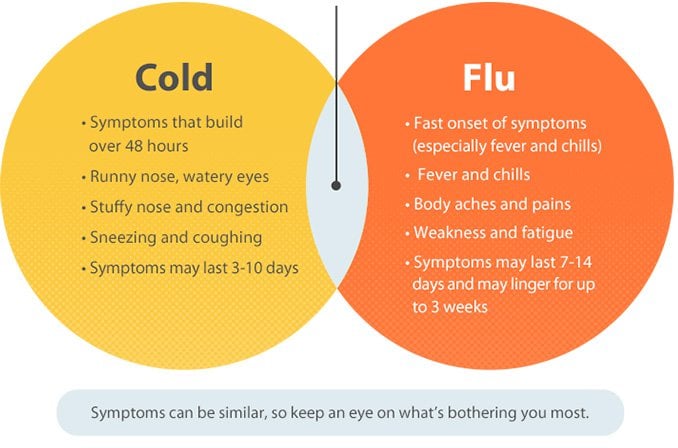Staying on top of personal hygiene is a key part of protecting overall health. However, even with proper care, certain areas of the body—especially the more sensitive ones—can still be vulnerable to infections. Because of social stigma or embarrassment, many people hesitate to seek help, often waiting until symptoms become more serious.
This article walks you through the seven most common warning signs of infections in sensitive regions, no matter your gender. Being informed can help you take timely action, avoid complications, and maintain confidence in your body.
Why Intimate Health Deserves Attention

The body’s private areas maintain a delicate balance of natural microorganisms that help protect against infection. But this balance can be disrupted by many factors: poor hygiene, harsh soaps, unprotected intimacy, or even certain medications.
Ignoring subtle signs may not only lead to discomfort but also to more serious complications like inflammation, long-term irritation, or the potential spread of infection. Recognizing symptoms early makes it easier to treat the issue effectively.
1. Changes in Natural Moisture or Discharge
A sudden change in the consistency, color, or smell of natural moisture in sensitive areas may suggest a problem. For example, an increase in volume, unusual texture, or unpleasant odor may point to bacterial or fungal imbalances.
It’s important to note that slight variations may happen due to hormonal changes, but consistent or dramatic shifts should prompt a consultation with a medical professional.
2. Persistent Itching or Irritation

Itching or tingling sensations in private areas are fairly common but shouldn’t be ignored if they last more than a few days. This discomfort may be caused by reactions to hygiene products, tight clothing, or excessive sweating—but it can also signal an underlying infection.
Avoid scratching, and don’t use scented sprays or powders to mask the problem. If redness or swelling accompanies the itch, it’s time to talk to a doctor.
3. Pain or Stinging During Bathroom Visits

A burning sensation or discomfort while urinating could be linked to a variety of conditions, including bladder infections or irritation in surrounding tissues. While hydration and rest may help in minor cases, persistent pain may require medical testing and treatment.
Men, women, and non-binary individuals alike should not brush off these symptoms—they’re your body’s way of signaling that something is off.
4. Skin Redness, Bumps, or Unusual Spots
Any visible changes to the skin in sensitive regions—such as redness, swelling, small bumps, or sores—should be taken seriously. While some may be harmless skin reactions or temporary irritations, others can signal infections or allergic responses.
Refrain from self-treatment without guidance, especially with over-the-counter creams that might worsen the issue.
5. Strong or Unusual Body Odor in Private Areas
A noticeable change in scent that persists even after showering may be an early warning sign of an imbalance. Natural odor is normal, but strong, sour, or fishy smells could indicate a bacterial issue.
Rather than trying to cover the odor with perfumes or sprays, it’s best to let a healthcare provider identify the underlying cause.
6. Discomfort During Intimate Activities

If you experience pain or discomfort during close physical contact, it’s a sign your body may be under stress. This could be due to dryness, inflammation, or underlying issues such as irritation from products or undiagnosed infections.
Listen to your body—pain during intimacy is never something you should normalize or ignore.
7. Flu-Like Symptoms That Don’t Seem to Match a Cold
If symptoms like fever, fatigue, or body aches are accompanied by discomfort in your sensitive regions, it could be a sign of a more widespread infection. These symptoms may indicate that your immune system is responding to something more than just a seasonal virus.
If you feel “off” in multiple ways—especially if it includes unusual discomfort in sensitive areas—seek medical support promptly.
Common Risk Factors That Increase Infection Chances
There are a few habits and situations that may increase your risk of irritation or infection, including:
-
Wearing tight, synthetic underwear or clothing
-
Using overly perfumed or harsh cleansing products
-
Poor hydration and diet
-
Unprotected intimacy or multiple partners
-
Weak immune system
-
Prolonged use of antibiotics
Being mindful of these factors can help reduce your chances of future discomfort.
When to Seek Medical Advice

You should talk to a healthcare professional if you experience any of the following:
-
Ongoing discomfort, itching, or pain
-
Strong or unusual smells that don’t go away
-
Changes in natural discharge or moisture
-
Visible swelling, sores, or bumps
-
Symptoms that return after going away
These signs may indicate something easily treatable—but early detection is key to avoiding long-term problems.
Simple Habits to Prevent Intimate-Area Infections

Here are some easy steps that can go a long way:
-
Wear breathable, cotton underwear and avoid tight, non-ventilated fabrics
-
Wash with warm water only—avoid heavily scented washes
-
Change out of damp or sweaty clothes quickly
-
Stay hydrated and eat a fiber-rich, balanced diet
-
Use protection during intimacy and consider routine health screenings
-
Urinate after intimacy to help flush away bacteria
These actions may seem basic, but they make a real difference in daily comfort and long-term health.
Final Thoughts
Your health is worth paying attention to, no matter how private the concern may seem. Recognizing early signs of infection in sensitive areas doesn’t just protect your comfort—it protects your well-being.
If something feels different or not quite right, don’t delay. Trust your instincts, seek medical help when necessary, and take pride in taking care of your whole self.

